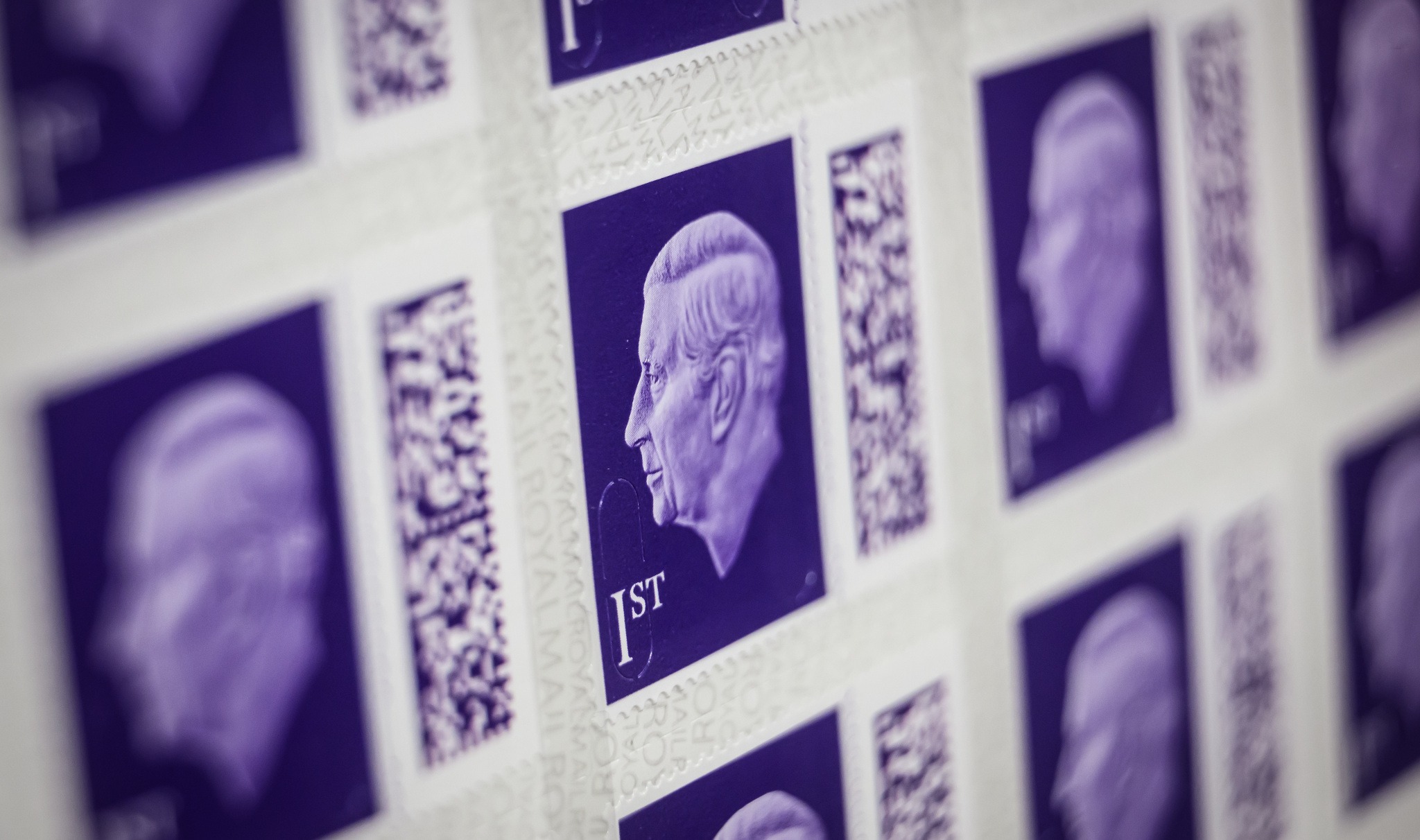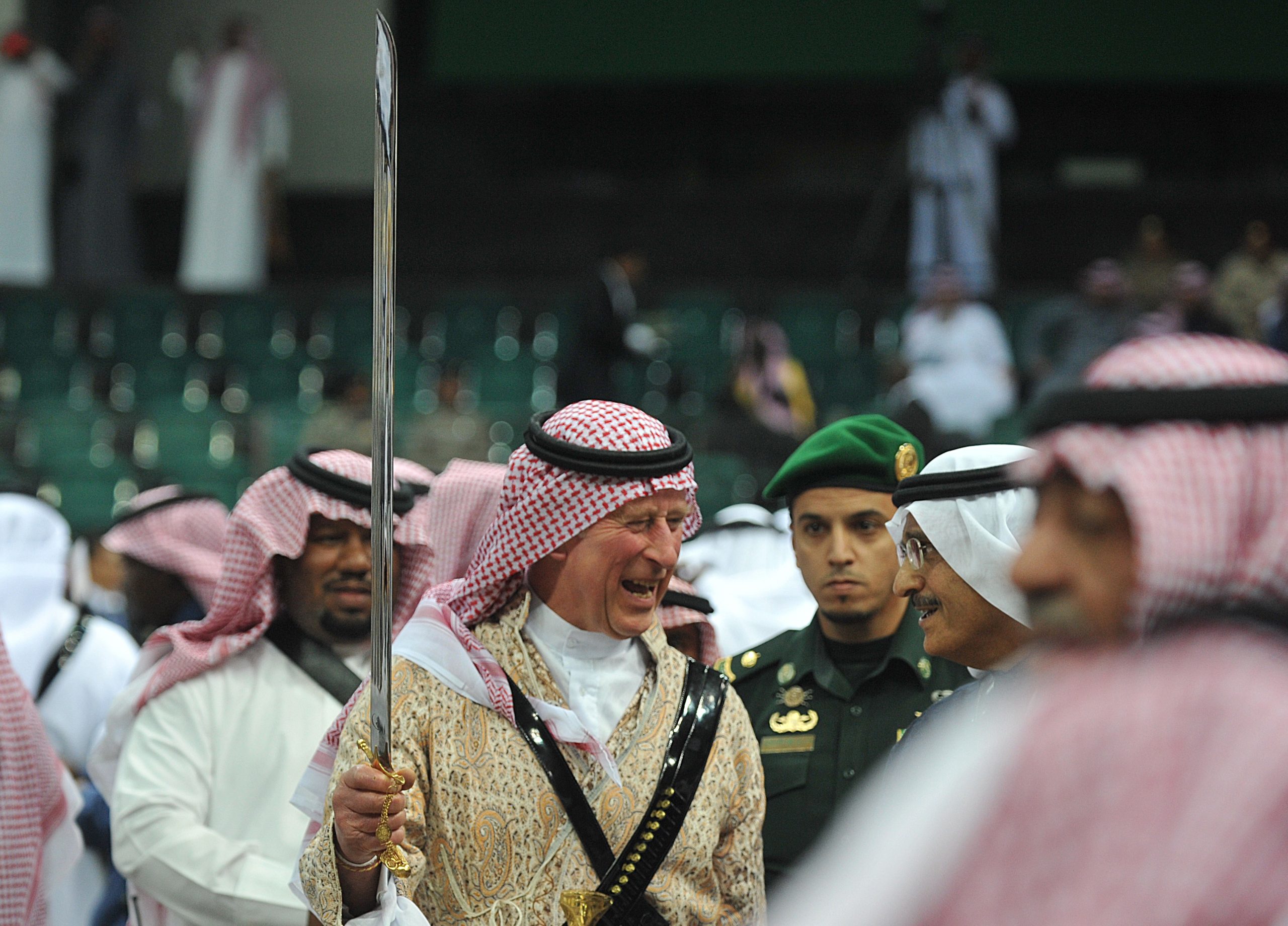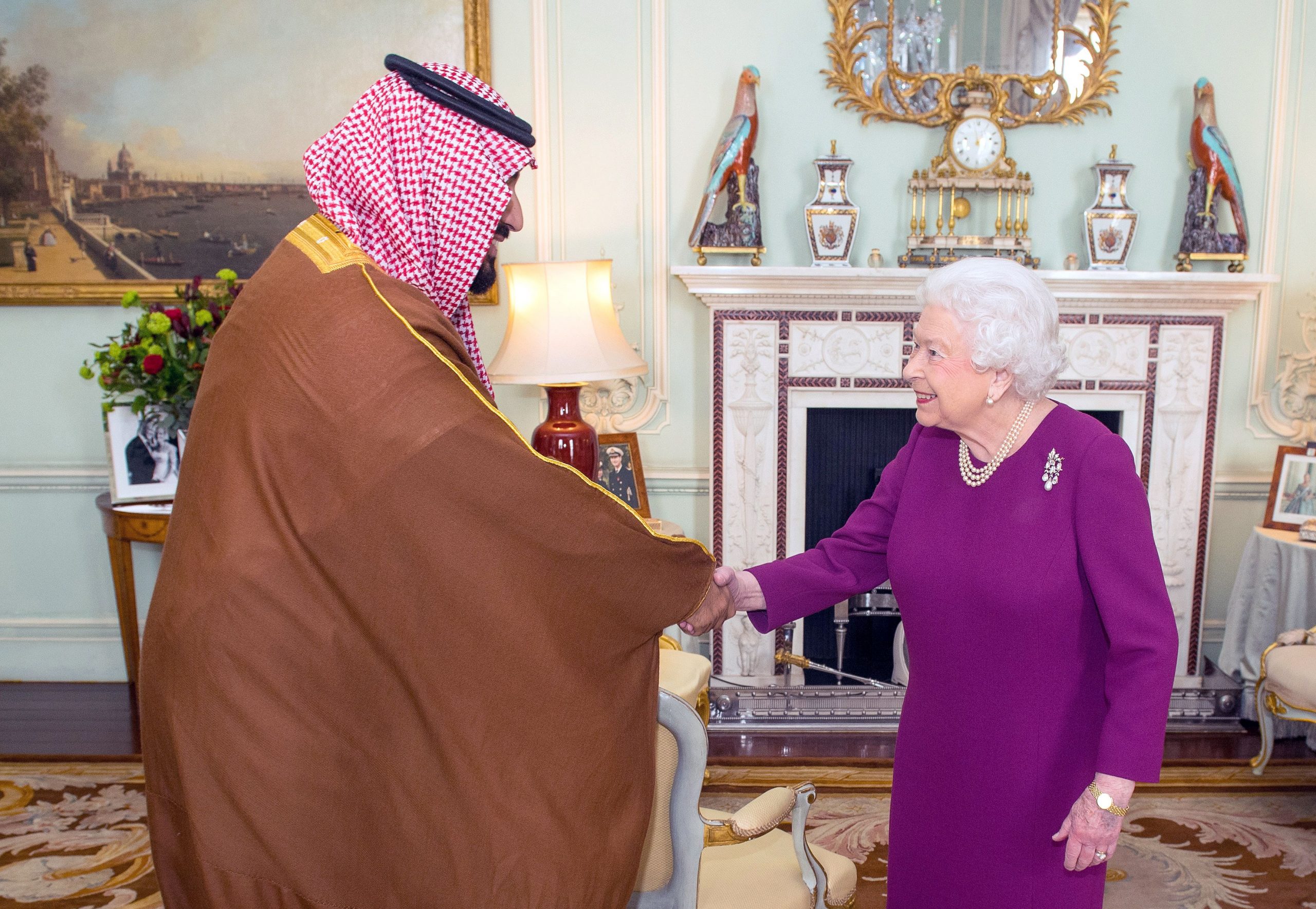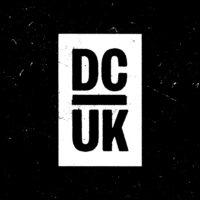Surveys have consistently shown the British people support democracy and the values that underpin it. Yet while there is increasing disquiet about how Britain does democracy, there is an elephant in the room: the monarchy.
People will argue against the House of Lords because it is undemocratic, many supporters of Brexit railed against the ‘unelected bureaucrats’ of Brussels, and there is growing demand for electoral reform. But for now, a majority persists that supports the retention of the royals.
There are many reasons why this is, and one of them is the Queen. Her reign, which began in an era of much greater deference, less than 30 years after universal suffrage was introduced, stretched well into the twenty first century and a time of greater democratic awareness.
Despite an evaporation of deference and falling respect for the royals, many couldn’t break the long habit of defending the Queen and insisting she could do no wrong. So the Queen became the heatshield that protected the whole family and institution.
It’s not surprising then that with the Queen’s departure there are clear signs of falling support and a fracturing of attitudes towards the monarchy.
Long habits can take time to shake off. However, the number of people proud of our monarchy has fallen to 43%, support for retention has dropped to 55%, while as many as 32% want it abolished and another 15% are unsure – which suggests they have a problem with the institution but aren’t sure what replaces it.
Problem of the media
The challenge now is to get people talking about the alternative. That challenge is made harder by a media that obsesses over the trivial and the personal, rather than the serious and constitutional.
The press is carefully managed and cajoled by the palace press machine, who will grant or withhold access depending on whether they are pleased or upset by coverage. The press certainly does cover controversy and will report on the more serious aspects of the monarchy, but will all too quickly revert to serving up gushing reports about royal duty and charity work.
“The bigger problem is the broadcast media, particularly the BBC”
The bigger problem is the broadcast media, particularly the BBC. While the press reports on royal lobbying, demands for exemptions from environmental or race relations laws and cash for honours accusations, the BBC will usually soft pedal on these stories, or ignore them altogether.
They will then give ample and regular coverage to the most trivial nonsense, such as Kate meeting an old schoolteacher, or Charles saying he is happy being a grandfather. When it comes to reporting republicanism, it is usually done in a disparaging tone.
Cheap and profitable?
With both the press and the broadcasters, the most glaring omissions are serious discussion on the alternative to a monarchy, proportionate coverage of opposition that reflects the millions of people who want it abolished and accurate reporting on the facts and figures of the monarchy.
The cost of the monarchy is routinely misrepresented, both in terms of the total amount of money we waste on the royals each year, and how it is funded. Coverage leads to a great deal of confusion, with lots of people thinking the institution is cheap, on the one hand, and profitable on the other.
The truth is that the monarchy is funded by the government, there is no return on that funding, and it is far more expensive than comparable heads of state.
Press coverage also gives the impression that the royals are busy, heading off around the country day in, day out to visit schools, community centres and foodbanks. Again, the truth is quite different.
A survey of the Court Circular, the official record of royal engagements, shows the royals do very little. Kate, for example, did just ninety engagements in 2022, which if done back-to-back would account for twelve days work. The others do a bit more, but it still adds up to a few days a month, a few months of the year.
We are also routinely told of their concern for the environment and other causes. Excuses are made for the non-political princes wading into the politically charged issue of climate change, with the press insisting that there is no disagreement about the need to tackle the issue.
Lectures
But that ignores the widespread disagreement on how to tackle the issue, disagreements that often centre around who bears the cost of reducing carbon emissions.
The rich are the largest carbon emitters, and Charles and William are as bad as any billionaire – such as the despots of the Middle East, with whom the royals are close friends – with their penchant for helicopter travel and huge homes.
They lecture us on the need to reduce carbon emissions while doing nothing to change their own lifestyles, expecting the poorest to carry the burden of saving the planet.
“We must start having a serious debate about the democratic alternative”
Support for the monarchy rests on misrepresentation, on the promotion of this undemocratic institution and its remote and lazy occupants as something that does so much good for the UK. The monarchy rests on a lie and that lie leaves people thinking there is no problem to solve, that the monarchy is good for Britain.
To drive support for the monarchy down further we must keep challenging the media – and our politicians – to take the real issues seriously, whether it’s accusations that Charles sold honours in exchange for donations, or that the royals abuse their positions for personal financial gain.
And we must start having a serious debate about the democratic alternative.
Parliamentary republic
That alternative is simple enough. A parliamentary republic in which our head of state is directly elected. They would not be head of the government, that role would remain with the prime minister. Their role would be limited to a constitutional safety net, otherwise they would be a representative of the country, our most senior ambassador.
As an elected president they would be chosen by us, from among the citizens of this country. It’s a system that works well in Ireland, Germany, Iceland, Finland and elsewhere.
Beyond the position of head of state, a republic would give us the opportunity to write down our constitution, to rebalance power between government, parliament and people by scrapping the Crown and the royal prerogative, and to move to an elected upper house.
The monarchy is sustained by dishonesty and built on outmoded values. It demands we be spectators, called upon to watch as the royals wave from their gold carriages. A republic makes us participants, called on to come together to determine the shape of our constitution and choose our head of state.
It is sustained by honesty, accountability and integrity, and rests on the most profound values of democracy, equality and the rule of law. Our country deserves that democratic alternative to the monarchy.




